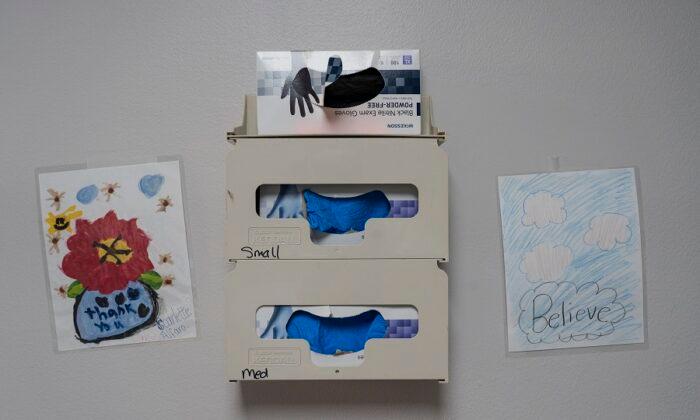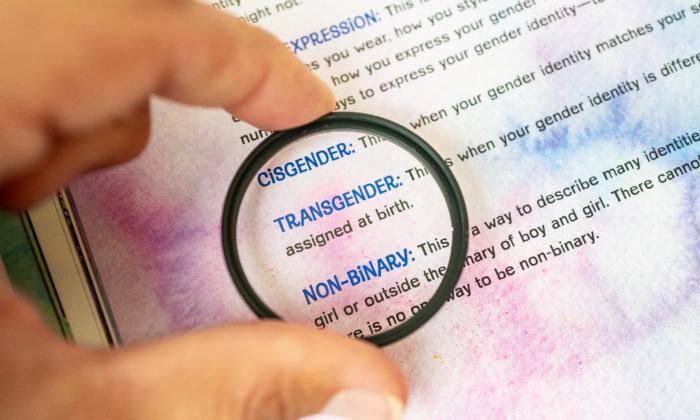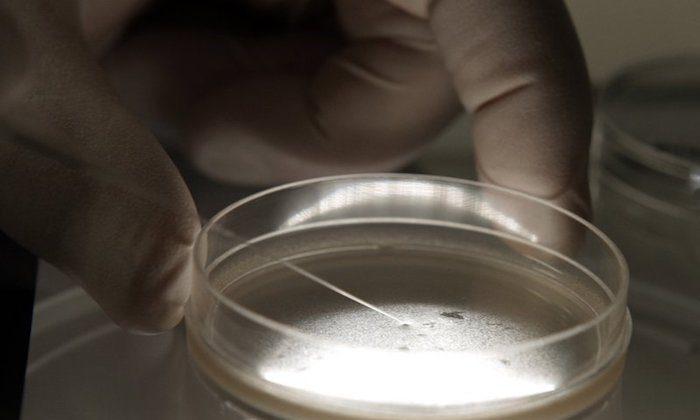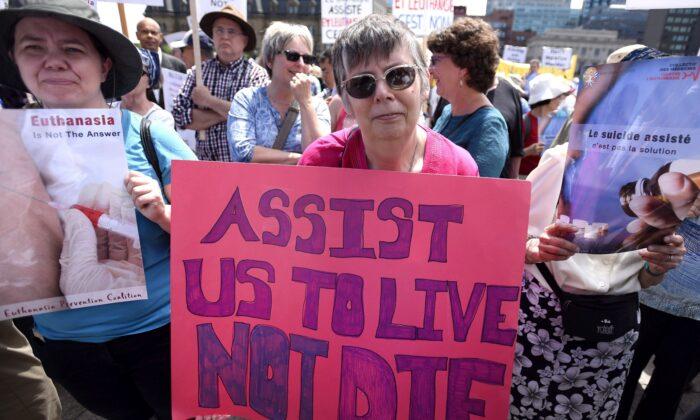Imagine you are the parent of a baby girl, who’s desperately ill with severe breathing difficulties, a heart valve defect, and diagnosed as suffering from severe chronic pulmonary hypertension.
She’s placed in a pediatric intensive care unit where, many months later, she continues to live—but also periodically experiences what her doctors call “dying events,” from which she is saved, but which, doctors say, causes unacceptable suffering.
The doctors tell you your daughter’s case is hopeless and try to convince you to remove your baby from life support because such care is “futile” and it’s in her best interests to die.
You refuse. But the doctors won’t take “no” for an answer. They call in the hospital bioethics committee, which after a closed-door hearing, issues a decree authorizing doctors to stop all life-saving treatments over your objections. You are given a mere 10 days to find another hospital willing to provide care.
Then, hope! A foremost expert in head and neck surgery (otolaryngology) from out of state reviews your daughter’s records and disagrees that her case is “hopeless.” On the contrary, the expert believes that your daughter has an illness not diagnosed by her current physicians. Indeed, he believes he may be able to treat her successfully—as he has other children with similar conditions. He even agrees to perform a tracheostomy, necessary to permit the new care approach.
Stunningly, the very hospital administrators who wanted to force your baby off care, refuse. You are forced to go to court to try to save your daughter’s life.
This nightmare scenario isn’t a fever dream of paranoids worrying about “death panels.” It’s as real as life and death. Trinity Lewis has sued to prevent Cook Children’s Medical Center of Fort Worth, Texas, from forcing her daughter Tinslee, age one and one-half, off life support—which is allowed legally by Texas’s “futile care” law that permits hospital ethics committees to withdraw wanted life support based on members’ views of the “quality” of the patient’s life.
Trinity has now asked for a court order requiring the hospital to allow Michigan head and throat medical expert Dr. Glenn L. Green to perform the tracheostomy toward the outcome of eventually transferring Tinslee out of Cook Children’s and into a continuing care facility for further curative treatment.
In support of the request, Green filed a declaration under penalty of perjury, which states in part (my emphasis):
• “I was provided Baby T.L’s medical records and imaging which included 568 pages of hospital records … I determined that she appears to be a good candidate for a tracheostomy and that it would be medically appropriate, reasonable, and in her best interests to enable her to be transferred for longer-term care … • “The episodes of severe desaturation that Baby T.L. along with CT findings are consistent with prematurity-associated tracheobronchomalacia which is collapse of the distal trachea and bronchi [not diagnosed by Cook Hospital doctors]. This is in particular an area of personal expertise, and I have great experience in successfully treating and discharging to home several patients that had been confined to the intensive care for over a year … • “In my medical judgment, what Cook Children’s Medical Center has referred to as “dying events” may be, in large part, related to this and potentially remediable … • “Just as importantly, Baby T.L’s condition is not definitely hopeless. More can be potentially done to treat her breathing difficulties and even her underlying condition. It is in her best interest that she be put in a position to be moved from Cook Children’s Medical Center to a palliative care facility. To be clear, when I use the term “palliative care” it is to mean facilitating life with a serious illness … It is not hospice or a means of facilitating one’s death or passing.”
Dr. Patrick Roughneen, a Texas cardiovascular surgeon agrees, stating under penalty of perjury, “It is my professional judgment that there is no evidence of pulmonary hypertension in Baby T.L. … I further believe that it is medically reasonable and appropriate that Dr. Glenn E. Green, M.D., perform a tracheostomy on her and evaluate for her further for bronchomalacia and treat her for that.”
So, what’s the holdup? Cook Hospital physicians disagree with Green’s medical opinion that Tinslee can be helped or safely weaned off her ventilator, and apparently, with both physicians’ opinions about the lack of pulmonary hypertension.
The hospital’s response brief states in part: “A tracheostomy will not change the anticipated trajectory of T.L.’s congenital heart disease, severe chronic lung disease, pulmonary hypertension, or significant pulmonary infectious issues. With one possible exception, a tracheostomy would not immediately impact the medications or dosages that T.L. receives.”
Accordingly, the hospital argues, it would be “unethical surgery” to proceed as Trinity desires and Green recommends.
Let’s assume that Cook Hospital physicians and Green and Roughneen are all striving to do their best for Tinslee. The bottom line here is who should have the final say in making such an ultimate decision? The mother who has reasonable cause to hope that her daughter might be saved, or doctors and bioethicists who insist that further treatment of Tinslee is futile?
An old saying declares where there is life, there is hope. On July 22, Judge Sandee Marion will decide whether to give that wisdom the benefit of the doubt.






Friends Read Free